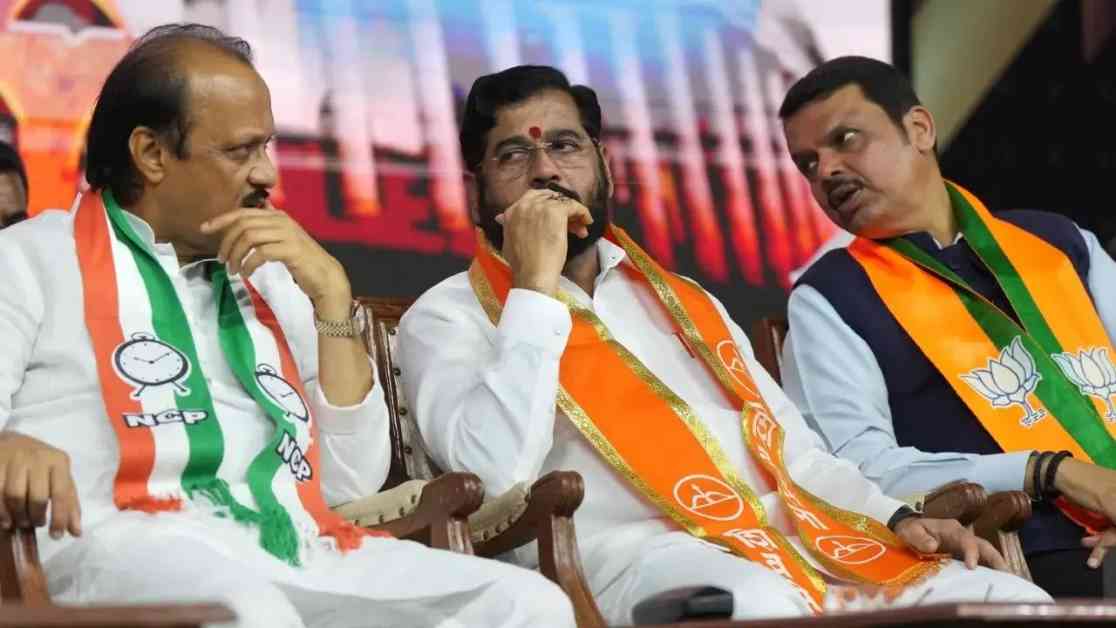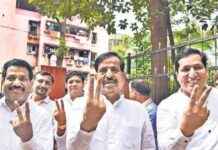A recent government resolution (GR) issued by the Maharashtra government approving a Rs 10 crore grant for strengthening the Maharashtra State Board of Waqfs (MSBW) has been withdrawn after facing backlash on social media. The decision to release the funds was met with criticism, particularly from the Bharatiya Janata Party (BJP), which opposed the move.
Following the withdrawal of the GR, State Chief Secretary Sujata Saunik confirmed the decision, indicating that the order for the release of funds has been canceled. The Maharashtra Waqf Board, headquartered in Chhatrapati Sambhajinagar, was intended to receive the grant to enhance its operations. However, the backlash on social media prompted the government to reconsider the decision.
The BJP clarified that the grant was approved at the administrative level and not by the government itself. In response to the criticism, the BJP-Mahayuti government decided to scrap the GR, emphasizing that the Waqf Board does not have a place in the constitution. This move highlights the importance of public opinion and the role of social media in influencing government decisions.
Despite the initial approval of the grant, the backlash from social media users led to a reevaluation of the decision. Questions were raised about the process of decision-making and the lack of communication with government officials. It remains to be seen whether any action will be taken against the officials involved in approving the grant and subsequently withdrawing it.
The incident underscores the power of public scrutiny and the need for transparency in government actions. As the caretaker chief minister of Maharashtra, Eknath Shinde faces the challenge of balancing public expectations with administrative decisions. The episode also raises concerns about the accountability of government officials and the mechanisms in place to prevent hasty or ill-considered decisions.
Moving forward, it is essential for the government to engage with the public and ensure that decisions are made in a transparent and accountable manner. The role of social media in shaping public opinion and holding government officials accountable cannot be underestimated. By learning from this incident, the government can strengthen its decision-making processes and build trust with the public.




















